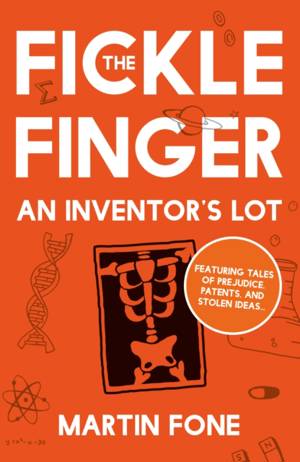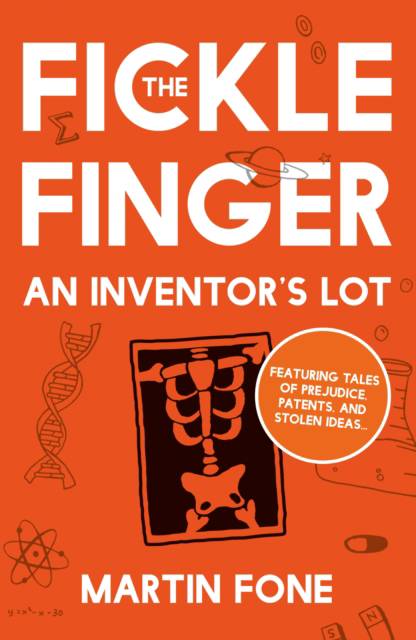
- Retrait gratuit dans votre magasin Club
- 7.000.000 titres dans notre catalogue
- Payer en toute sécurité
- Toujours un magasin près de chez vous
- Retrait gratuit dans votre magasin Club
- 7.000.000 titres dans notre catalogue
- Payer en toute sécurité
- Toujours un magasin près de chez vous
Description
uccess is a slippery, fickle thing. How much is down to luck, being in the right place at the right time or knowing the right people, and how much to innate talent? Why are some people less successful than others? Taking as its frame of reference the stories of fifty inventors who lost out on the fame that their genius might otherwise have merited, The Fickle Finger examines some of the reasons why they have languished in obscurity for so long. It is a tale of prejudice, racial and sexual, societal pressures, deficiencies in the patent system, gross errors of judgment, and sheer bad luck. The pressures of battling the system sometimes led to madness, penury and even suicide.
And along the way, there will be some surprises. Were the Wright Brothers really the first men to fly in a powered machine? Did Galileo really invent the telescope? Has a US President held a patent? How did Albert Einstein hope to improve upon the fridge? Why was Benjamin T Franklin denied a patent? Who gave away their invention for a lifetime's supply of chocolate?
The answers to these questions and much more are to be found within this book. A lively, entertaining and light-hearted investigation into the components of success, it will give you plenty of food for thought.
Spécifications
Parties prenantes
- Auteur(s) :
- Editeur:
Contenu
- Nombre de pages :
- 192
- Langue:
- Anglais
Caractéristiques
- EAN:
- 9781838593117
- Date de parution :
- 17-12-19
- Format:
- Livre broché
- Format numérique:
- Trade paperback (VS)
- Dimensions :
- 129 mm x 198 mm
- Poids :
- 190 g







